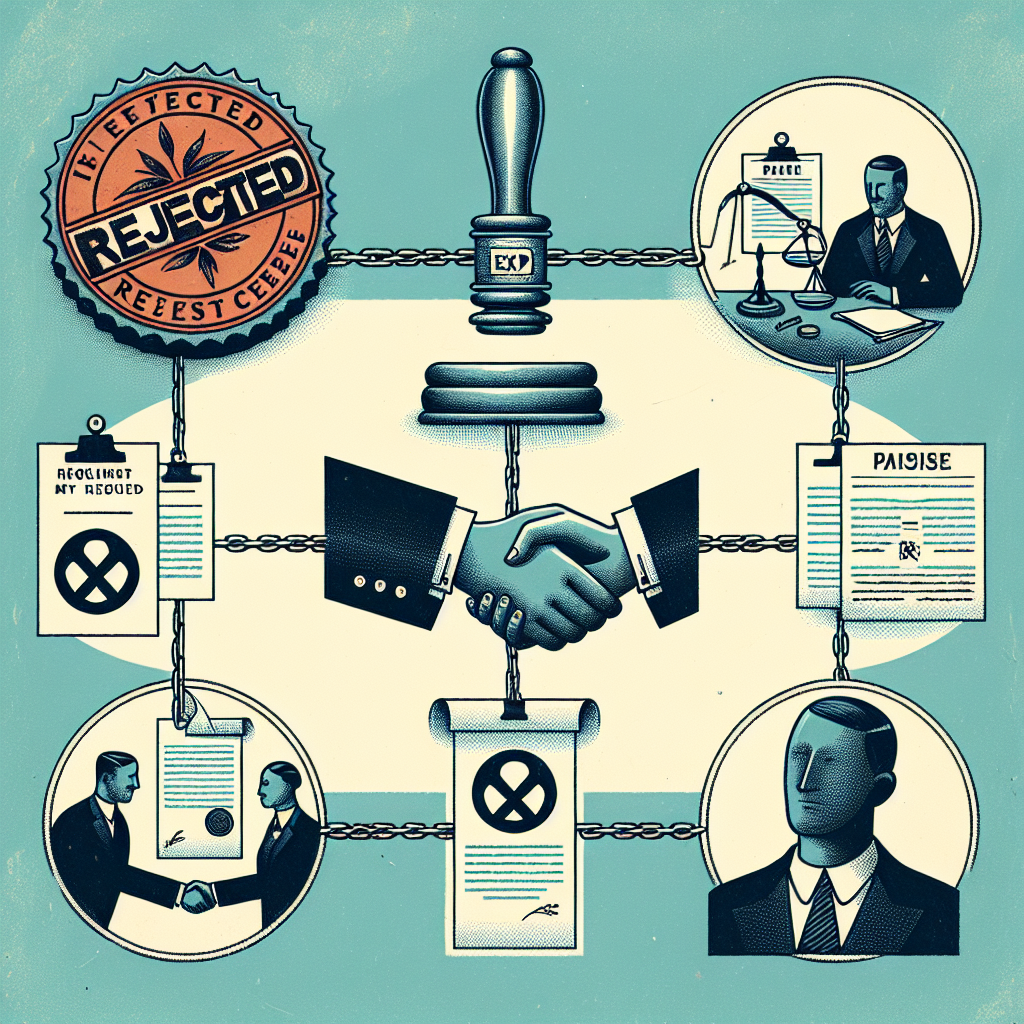Court Rejects eXp’s Request to Pause Gibson Lawsuit Despite Reached Settlement
In a surprising turn of events, the court has denied eXp Realty’s request to pause the ongoing lawsuit filed by former employee John Gibson, despite a settlement agreement being reached between the parties. This decision has sparked discussions in the legal and real estate communities, raising questions about the implications for corporate litigation and settlement processes.
Background of the Gibson Lawsuit
John Gibson, a former executive at eXp Realty, filed a lawsuit against the company in 2022, alleging wrongful termination and breach of contract. Gibson claimed that his dismissal was unjust and that eXp had failed to honor certain contractual obligations, including stock options and severance pay. The lawsuit quickly gained attention due to the high-profile nature of the parties involved and the potential financial implications for eXp Realty.
Settlement Reached but Not Finalized
After months of negotiations, eXp Realty and Gibson reached a settlement agreement in early 2023. The terms of the settlement were not disclosed, but both parties expressed satisfaction with the resolution. However, the settlement was contingent upon court approval, which is a standard procedure in such cases to ensure fairness and compliance with legal standards.
Court’s Decision to Deny the Pause
Despite the settlement, the court decided not to grant eXp’s request to pause the lawsuit. The judge cited several reasons for this decision:
- Lack of Finality: The court noted that the settlement had not been fully executed, and certain conditions needed to be met before it could be considered final.
- Public Interest: The case had garnered significant public interest, and the court believed that pausing the proceedings could undermine transparency and accountability.
- Legal Precedent: The judge referenced previous cases where settlements were reached but not immediately recognized by the court, emphasizing the importance of judicial oversight.
Implications for Corporate Litigation
This decision has several implications for corporate litigation and settlement processes:
- Increased Scrutiny: Companies may face increased scrutiny from courts when attempting to settle lawsuits, particularly in high-profile cases.
- Extended Timelines: The denial to pause proceedings can lead to extended timelines for resolving disputes, potentially increasing legal costs and uncertainty for businesses.
- Emphasis on Transparency: The decision underscores the importance of transparency in legal proceedings, especially when public interest is involved.
Case Studies and Statistics
Similar cases in the past have shown varying outcomes. For instance, in the 2018 case of Smith v. TechCorp, the court approved a settlement without delay, citing the comprehensive nature of the agreement. However, in the 2020 case of Johnson v. MegaCorp, the court denied a pause due to unresolved compliance issues, leading to a prolonged legal battle.
According to a 2021 study by the American Bar Association, approximately 30% of corporate lawsuits that reach a settlement face additional court scrutiny before finalization. This statistic highlights the challenges companies may encounter even after reaching an agreement.
Conclusion
The court’s decision to reject eXp Realty’s request to pause the Gibson lawsuit, despite a reached settlement, serves as a reminder of the complexities involved in corporate litigation. It emphasizes the need for thorough and transparent settlement processes and highlights the role of judicial oversight in ensuring fairness and compliance. As companies navigate similar legal challenges, they must be prepared for potential delays and increased scrutiny, ultimately prioritizing transparency and accountability in their legal strategies.



